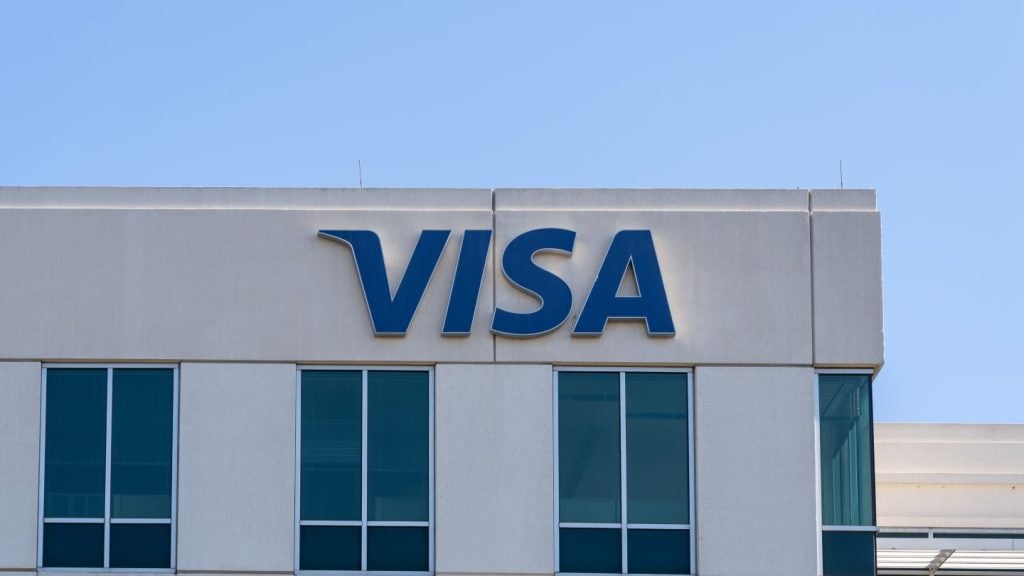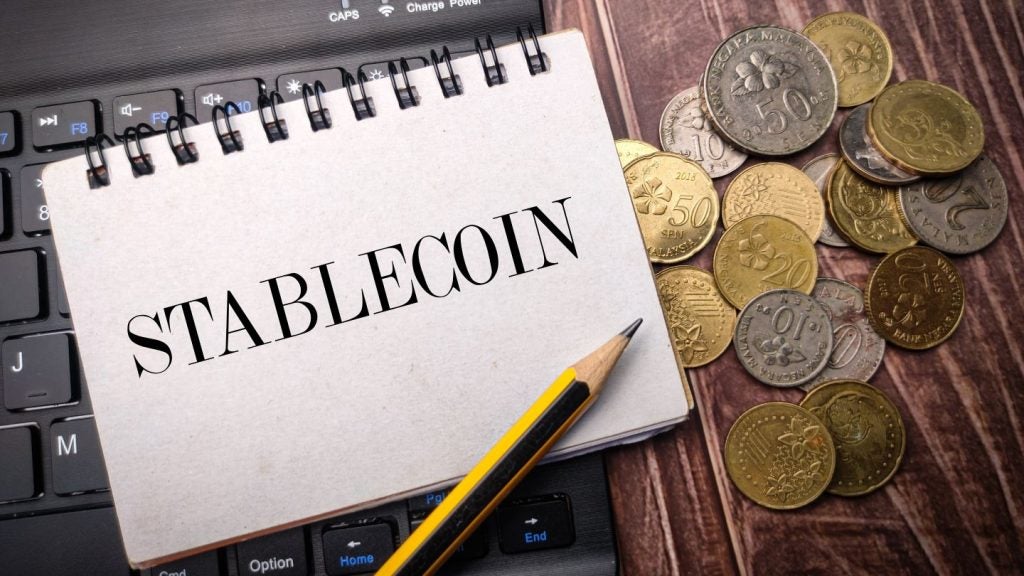
There are more ways to shop than ever. The traditional retail outlet on the high street, catalogues, online, via mobile app, all of these are viable. There are more ways to pay than ever before as well. So why are customers becoming so cautious about spending money? Patrick Brusnahan writes
How do you think you spend thinking about what to buy? According to research from Checkout.com, British consumers spend nearly a year of their lives deliberating.
What’s scary about shopping?
Results from the online payments company’s study showed that shoppers spend an average of two and a half hours every day mulling over purchases. That’s equal to five days a year or 340 days over an average adult lifetime.
It is not only large purchases in shopping that are causing such anxiety. Shoppers in the UK can take as long as one hour to pick lunch. In addition, it can take an average of two weeks to decide to buy an article of clothing.
When it gets to actually shopping for large items, such as a car or a holiday, it can take three and a half months before a decision is made.
Moreover, nine in ten consumers wait until something like a washing machine or fridge is broken before investing in a new one.
Nearly four in five (79%) of consumers admitted to being careful or “tight” and 19% of them hated parting with their cash. Furthermore, one in ten said they felt racked with guilt if they have to invest in something expensive.
However, there are some signs that consumers will still buy, especially if social media is involved. 36% often went shopping for things they saw on social media and 37% said it would be handy if you could buy directly from sites like Instagram and Facebook.
When asked how they would like to pay in the future, 83% said they would choose a debit or credit card, 21% would utilise Apple Pay, and 15% opted for Google Pay.
Commenting on the caution of the British public, Guillaume Pousaz, founder and CEO of Checkout.com, said: “Consumers are, understandably, careful when it comes to spending money. We deliberate over our purchase decisions – and so naturally, there’s nothing more frustrating than a slow checkout process.”
He added: “Shopping online should be made as easy as possible for customers, from the moment you open the browser to receiving the confirmation email. Retailers who do not adapt will suffer. At Checkout.com we help online retailers meet the needs of their customers by optimising their payments process to keep pace with demand.”
Analyse this!
On the research, psychologist Donna Dawson says: “Britain is still influenced by the protestant work ethic, work hard, save money and put others before yourself.
“Very British expressions such as ‘Saving for a rainy day’ and ‘Watch the pennies and the pounds will take care of themselves’ all reinforce our need to be careful with money, and increase our anxiety about parting with it.
“We may even feel guilty about spending money on ourselves – it smacks of self-centeredness, and there is an irrational, subconscious fear that attracting attention to ourselves through a new purchase could bring us bad luck or loss.
“Being an island nation subject to continual invasion during our early history has made us feel insecure about our material assets – we have a need to hold onto things, including our money, as they could be taken away from us.
“We question the motives of others: ‘Are we being ripped off? Is this really a bargain? Should we wait and see?’. Viewing money in such an emotive way makes us fearful and hesitant, which in turn means it takes longer to make a buying decision than if we had approached the task in a more practical, hard-headed way.”







